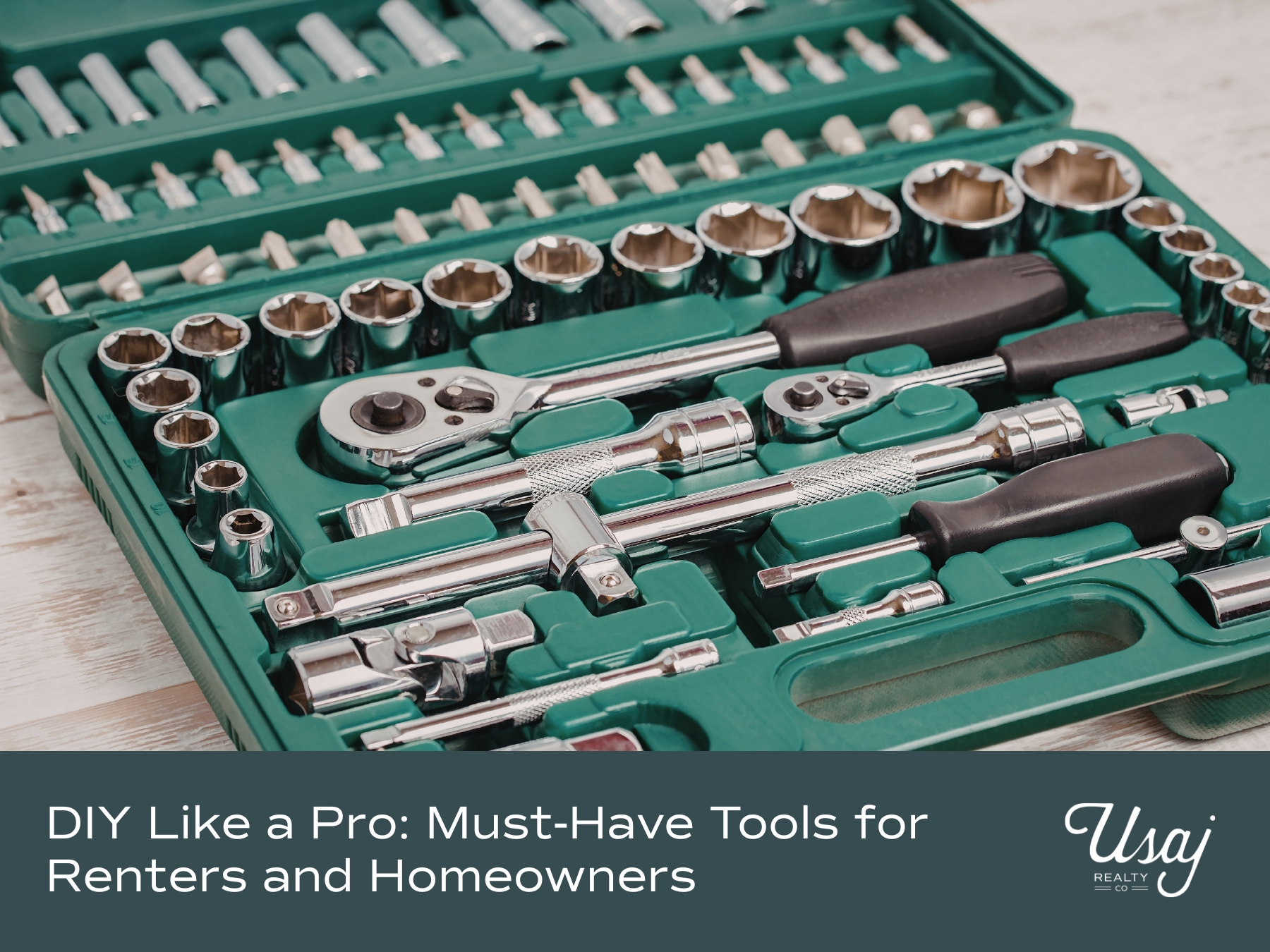A cash deal on residential properties have become the coveted prize for any home seller or homebuyer … and for good reason.
Cash is still king.
Nationally, one-third of home purchases used all cash from 1980-2017. According to Redfin News, 23.6 percent of home purchases in Denver from January to April 2021 were cash buys. In Colorado Springs, 26.2 percent of home buyers plunked down dollars. These are fairly impressive figures but nothing compared to West Palm Beach, Fla, where residential property sellers see a whopping 52.6 percent of home purchases close with greenbacks instead of loans.
There is a myriad of reasons people are opting to buy with cash instead of seeking out financing. A surging stock market, the ability to work remotely, and stock-piled savings during the pandemic provide a few reasons why people are opting to “show the money” in order to get the home of their dreams.
Nationally, one-third of home purchases used all cash from 1980-2017.
With continuing low home inventory and high demand, cash buyers stand out among other offers. If you have the means, here are a few reasons why making a cash offer may benefit you in your attempt to get under contract:
Pros of a Cash Deal
#1: No home appraisal
Since cash will be paid for the property, a home appraisal isn’t necessary. The agreed-upon price establishes the value of the home. When you have a lender involved, they require a home appraisal to determine the amount of money they are willing to loan. The value of the home determines the amount of the loan.
However, some cash buyers may still want to get a home appraisal, especially if they are planning to make immediate renovations or additions to the property. They may opt for a partial loan in order to finance the improvements, and it’s easier and more efficient to get the home appraised prior to closing.
Regardless of whether or not there is a home appraisal, the contract should explicitly state that the sale isn’t contingent on the buyer needing financing.
#2: Faster closing
Because there is no home appraisal or loan underwriting timeline, you can typically close within a month (or less) once you’re under contract. Most buyers will still want a home inspection and you will need time to schedule and complete any agreed-upon improvements/repairs. Furthermore, the buyer may want to complete a survey to establish setbacks and property boundaries that may be impacted by fence lines and utilities.
#3: Fewer Fees and No Interest Payments
For the buyer, there are overall fewer fees with which to contend. There are many processing and document fees required for obtaining a loan and these closing costs can add up. Keep in mind there are some charges that buyers and sellers will you’ll have to pay regardless of a cash offer including (but not limited to) county taxes, commissions, escrow/title charges, HOA fees, prorations/adjustments, and recording fees. Check with your real estate agent to understand all the potential payouts so when you receive the settlement statement, it won’t be a surprise.
But just how much could you save? According to a 2021 research study by the University of California San Diego, over the past 40 years, cash buyers have paid about 11% less than those using a mortgage. And that doesn’t even begin to include interest payments.
The interest is where the big savings come in. According to Money.com, “If you were to finance a $200,000 home today (using a 30-year, fixed-rate mortgage loan at Freddie Mac’s current average rate of 3.02%), you’d end up spending a whopping $104,332 in interest over the next three decades. With a cash offer? You’d have no interest costs whatsoever.”
According to a UC San Diego Study, cash buyers save about 12 percent by skipping a mortgage.
Cons of a Cash Offer
#1: Speed is good…but are you ready?
Things happen fast! The speed at which a cash transaction occurs forces you to move quickly. Time is of the essence and being organized is crucial. You have to line up the move rapidly so make sure you’re ready to act accordingly. Once you are under contract, you’ll be provided with the dates/deadlines for a survey, home inspection, and due diligence documents. It’s critical that you understand and meet those deadlines as not doing so can cause the contract to be nullified.
#2: Money is tied up in one asset
Having a home mortgage allows you to invest extra money and cash reserves that may earn more money elsewhere, whether it’s through stocks, bonds, mutual funds, or other investments. With a cash purchase on a home, you’ll have a substantial amount of money invested in one asset. Depending upon how long you live in the home, your home value may increase or decrease, and as a result, impact the investment.
However, if you’re planning on staying in the home for an indefinite period of time, this type of purchase usually returns a sizable return on investment. According to Investopedia, over a 25-year period of time, “residential and diversified real estate investments averaged returns of 10.3%.”
#3 Be Aware of Contingencies
Just because you have a cash offer in hand, it doesn’t mean the deal is done. If you are selling your home to a cash buyer, there will most likley be contingencies somewhat similar to that of an offer using a mortgage. For example, the buyer may need to sell their current residence before buying yours, or they may decide to terminate the contract if the inspection doesn’t go well. Your Usaj Realty broker will walk you through each offer and explain the pros and cons of each clause and contingency.
Your Usaj Realty broker will walk you through each offer and explain the pros and cons of each clause and contingency.
Even in the short term, a home cash purchase can earn huge dividends. Case in point: In the Denver metro area, from July 2020 to July 2021, year-over-year, the average sold price for a single-family home rose $601,863 to $699,795, a 16.4 percent increase.




